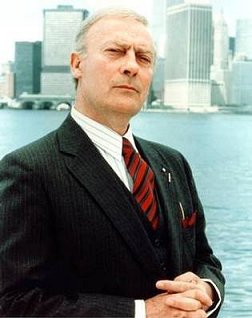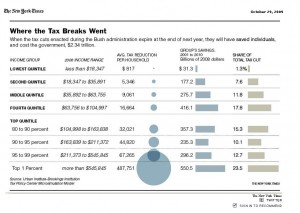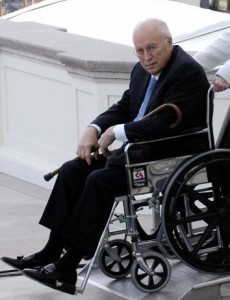“Got a problem? Odds against you? Call the Equalizer.”
 The opening montage was classic fear and distress – people alone with menacing strangers in elevators, empty hallways, or deserted subway stations – paired with a memorable theme written by Stewart Copeland of the Police.
The opening montage was classic fear and distress – people alone with menacing strangers in elevators, empty hallways, or deserted subway stations – paired with a memorable theme written by Stewart Copeland of the Police.
This show had to be one of my favorites of the mid to late ’80s. I was living in NYC at the time, so all of the locations were familiar (and they often shot in my grungy Lower East Side neighborhood). As I remember, the show’s casting was like a crime drama version of the Love Boat, with cameos by actors old and new from both the big and small screens (and occasionally Broadway). It was a smartly written show, with a cast of interesting and flawed characters.
Since these were pre-TiVo days, we would always try to be home on Wednesday nights to watch it…usually with dinner in our laps as we parked in front of the TV. Our game was to be the first to identify that week’s guest star, then marvel at Woodward’s combination of charm and deadly intent.
Check out the opening…




